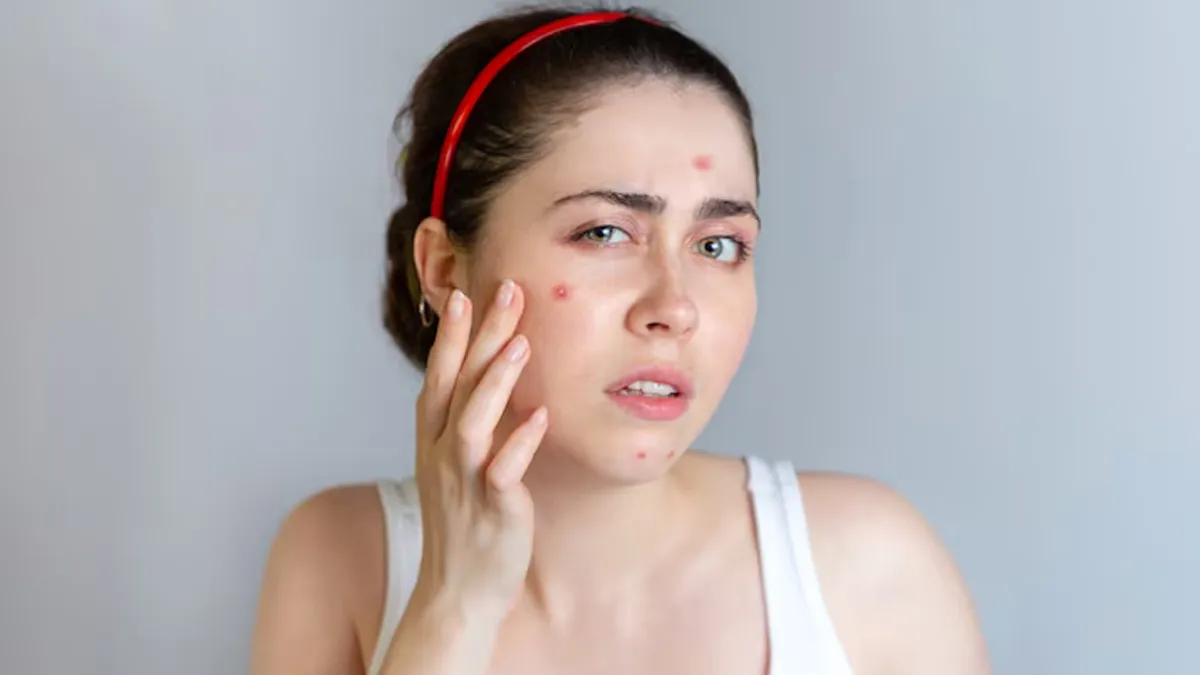
Why Your Skincare Routine Isn’t Working: 6 Things You May Be Doing Wrong
A large number of people follow detailed skincare routines today, yet many still deal with breakouts, dullness, or irritation. This often pushes them to switch products or add new ones, but the real cause usually sits deeper than a single cream or serum. When we view skin as part of a wider biological network rather than a surface to be corrected, the reasons behind ongoing problems become much clearer.
6 Things You May Be Doing Wrong In Your Skincare Routine
1. Focusing Only on Visible Symptoms
Most routines try to fix what is seen: redness, spots, dryness. These are outcomes, not the actual problem. Persistent skin concerns often point to underlying disruptions in the body: hormonal variations, immune activity, or an imbalance in the skin or gut microbiome.

2. Overlooking the Gut–Skin Link
“There is growing evidence connecting gut health with common skin conditions. When the gut microbiome (microbes residing in the gut) is disrupted, it can activate inflammatory pathways that show up as acne, eczema, rosacea, or persistent sensitivity. If the internal system is unsettled, topical treatments have limited scope,” says Dr Debojyoti Dhar, Co-founder and Director at Leucine Rich Bio (BugSpeaks).
3. Weakening of the Skin Barrier Through Over-Exfoliation
A common mistake is exfoliating far more than required. Heavy or frequent use of acids, scrubs, or peels interferes with the barrier layer, leading to moisture loss and inflammation. A compromised barrier reacts to even basic products. What is often mistaken for “purging” is simply damage.

4. Combining Strong Actives Without Understanding Their Interactions or impact on the skin microbiome
Retinol, vitamin C, niacinamide, exfoliating acids—they all have specific pH requirements and behaviour profiles. When products are layered without considering how their ingredients interact, they can neutralise each other or trigger irritation. Formulations don’t behave independently; their chemistry determines how they function when combined on the skin. Use of harsh chemicals, even rigorous use of soap, can cause skin microbiome dysbiosis (imbalance of the microbes residing on the skin).
Don't Miss: Why You Should Try The Skincare Sandwich Method This Winter Season
5. Expecting Faster Results Than Skin Can Deliver
According to Dr Debojyoti Dhar, “Skin follows its own biological timeline. Barrier repair, collagen synthesis, and microbiome balance do not shift overnight. Switching products frequently interrupts these processes and prevents the skin from reaching a stable state. Consistency matters more than the number of items in a routine.”

6. Not Factoring in Daily Habits That Influence Skin
Stress, sleep, diet, medication, and environmental exposure all alter how the skin behaves. For example, chronic stress affects cortisol levels, which in turn influences oil production and inflammation. A topical routine cannot compensate for lifestyle triggers.
Skin responds well when both internal and external factors are understood and managed together. When the focus shifts from quick fixes to overall balance, the skin reflects that stability in a far more reliable way.
Don't Miss: Top 7 Facial Oils For Added Glow During Winters
If you liked this story, then please share it. To read more such stories, stay connected to HerZindagi.
Also watch this video
Herzindagi video